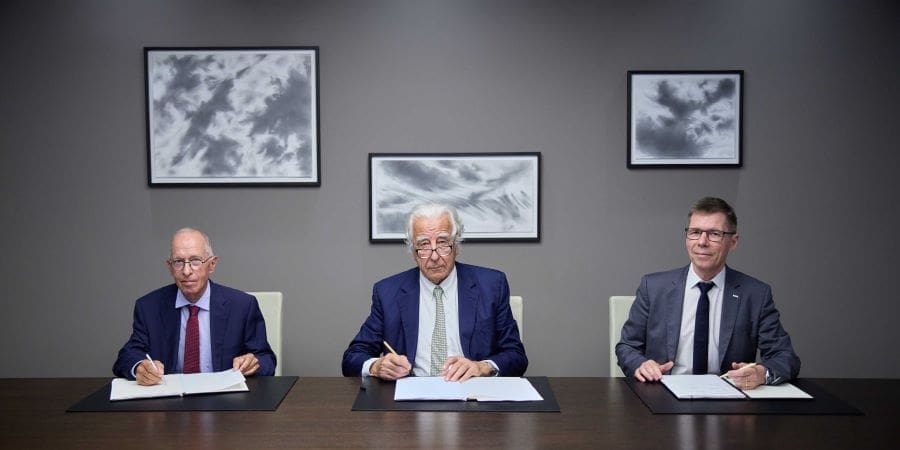Zurich, Switzerland | ETH Zurich | Muser NewsDesk
ETH Zurich is set to establish a major centre for Earth observation, backed by a 100 million Swiss franc donation from the Jörg G. Bucherer-Foundation. Spread over ten years, the funding will support the creation of ETH Swiss GeoLab, an interdisciplinary hub combining satellite, drone, and ground-based data to better monitor and understand planetary systems.
The centre, to be based in the Canton of Lucerne, will integrate a broad array of data sources through a central technology platform, allowing for real-time environmental insights using artificial intelligence and high-performance computing. The aim is to expand the use of Earth observation in areas such as natural disaster detection, forest health assessment, and agricultural planning.

ETH Swiss GeoLab will be led by ETH Professor Thomas Zurbuchen, a former science chief at NASA, with Professor Verena Griess serving as Vice Director. “The heart of the centre will be a technological platform that will enable us to link large amounts of data from satellites, drones, meteorological stations and other sources. This will allow us to detect things that were previously not visible to us,” Zurbuchen said.
The centre is designed not only for research, but also for innovation and education. It will collaborate with industry and start-ups from the outset, with plans to support training programs and product development based on its findings. By 2030, the centre is expected to employ around 100 people.
Lucerne will also contribute 2.8 million Swiss francs over ten years to support infrastructure costs. “The new competence centre is an investment in the innovative strength of the Canton of Lucerne and Central Switzerland,” said Lucerne government councillor Fabian Peter.
The Jörg G. Bucherer-Foundation was established in 2025 and aims to strengthen scientific research, particularly in Lucerne. “Supporting ETH Zurich’s research activities in the Canton of Lucerne is in keeping with the spirit of Jörg G. Bucherer,” said Dr Urs Mühlebach, Chair of the Foundation Board. The centre’s full launch is planned for 2030.
Article Source:
Press Release/Material by ETH Zurich
Featured image credit: jcomp | Freepik




